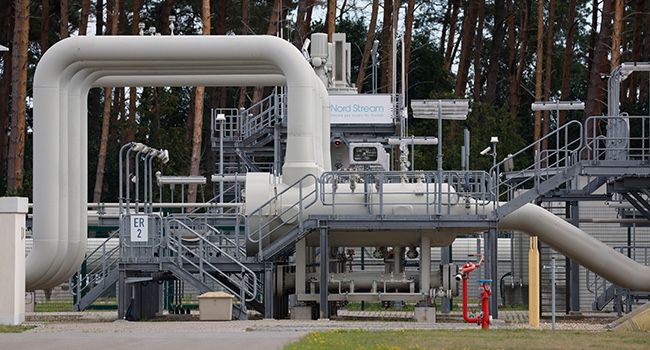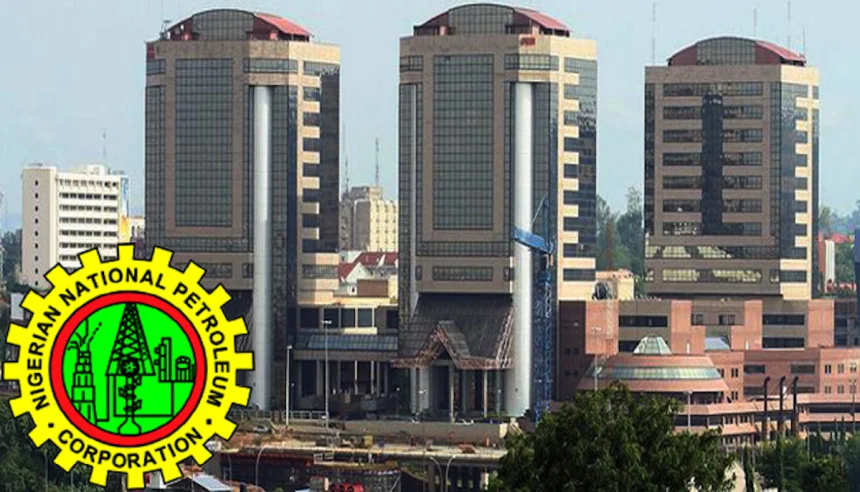In a major step toward monetizing Nigeria’s vast gas reserves, the Nigerian National Petroleum Corporation (NNPC) Limited, in partnership with Shell, TotalEnergies, and Agip, has finalized an important agreement to supply gas to the Brass Fertilizer & Petrochemical Company Limited’s upcoming methanol-manufacturing plant.
This milestone agreement, which took nearly nine years to materialize, was officially signed in Abuja on Friday, marking a new chapter in Nigeria’s industrial and energy sectors.
The project, valued at $3.3 billion, will be located on Brass Island in Bayelsa State. It represents a significant leap forward in Nigeria’s quest to harness its natural gas resources for industrial development and export revenue. The plant will utilize 270 million standard cubic feet of gas daily, supplied by NNPC and its joint venture partners, to produce methanol and other petrochemical products.
Ekperikpe Ekpo, the Minister of Petroleum Resources (Gas), described the agreement as a “significant milestone” for Nigeria’s gas sector.
He emphasized that this deal forms part of broader efforts to commercialize the country’s abundant natural gas reserves, which have remained largely untapped for decades. “This agreement is not just a business transaction; it’s a game-changer for the Nigerian economy, and for our ambitions in the global gas market,” Ekpo stated during the signing ceremony.

The methanol-manufacturing facility will not only contribute to Nigeria’s industrial capacity but also generate substantial export revenues.
The government projects that once operational, the facility will earn over $1.5 billion annually from exports of fertilizers, petrochemicals, and other gas-based products. This will significantly boost Nigeria’s non-oil export revenue, aligning with the country’s strategy to diversify its economy away from crude oil dependence.
READ ALSO: TikTok Lays Off Hundreds of Employees as It Shifts to AI-Powered Content Moderation
Another key benefit of the project is its potential to cut Nigeria’s reliance on imported fertilizers. The Brass Fertilizer & Petrochemical plant is expected to reduce the country’s fertilizer imports by 30%, which could save the government around $200 million in foreign exchange annually. By fostering domestic production, this initiative not only strengthens local industry but also helps stabilize Nigeria’s foreign reserves.
Ekpo further noted that the project would have a ripple effect on the broader Nigerian economy by creating thousands of direct and indirect jobs, spurring infrastructure development, and fostering industrial growth in the Niger Delta region. The construction phase alone is expected to provide a significant number of job opportunities, further boosting local economies.
With the completion of this project, Nigeria aims to solidify its position as a major player in the global petrochemical industry. The country’s vast gas reserves, estimated at over 200 trillion cubic feet, make it a potential powerhouse in the international gas market. The Brass Fertilizer & Petrochemical plant is just one of several projects in the pipeline aimed at unlocking the value of Nigeria’s natural gas assets.
The collaboration between NNPC, Shell, TotalEnergies, and Agip also highlights the importance of strategic partnerships in driving Nigeria’s energy sector forward. These multinational companies bring with them decades of experience, technical expertise, and financial resources that will be crucial to the successful execution of the project.

As Nigeria moves closer to realizing its gas monetization ambitions, the Brass Fertilizer & Petrochemical project stands as a testament to what can be achieved through strategic planning, collaboration, and sustained investment.
With construction now set to begin, the country is one step closer to transforming its gas reserves into economic prosperity, bolstering its industrial base, and cementing its role in the global energy and petrochemical markets.
This agreement represents a turning point, not just for the partners involved but for Nigeria as a whole, as it sets the stage for a new era of economic growth driven by the country’s abundant natural resources.

